Achieving a brighter world: Cattle ranchers go vegan
30 Second Summary
This blog post explores the Rancher Advocacy Program (RAP), founded by Renee King-Sonnen, which assists farmers in transitioning away from animal agriculture while preserving their cultural heritage. The program offers various alternatives such as sanctuaries, solar farms, and veganic agriculture. It addresses the challenges of supporting animals no longer viewed as economic units and emphasizes the importance of stopping breeding. Highlighting stories of ranchers transitioning to veganism and other plant-based ventures, the post underscores the role of empathy and sustained dialogue in fostering change. Organizations like Refarm’d are also helping farmers switch to sustainable, cruelty-free practices, emphasizing a compassionate approach to advocacy and systemic transformation.
“I’m that person, that didn’t want to go beyond that veil. I’m that person that didn’t want to watch slaughterhouse videos. I’m that person that loved animals and killed them. So many ranchers are just like us... they really love animals and kill ‘em.”
Renee King-Sonnen’s Rancher Advocacy Program is the result of an influx of calls from pig, chicken, turkey, goat and cow farmers who wanted to transition away from animal agriculture while preserving their culture and history. RAP offers nine different transition models as possible solutions for the farmers including sanctuaries, solar energy farms, and veganic agriculture.
Transitioning away from animal agriculture is no simple task. Nearly ten times as many farmed land animals are slaughtered every year as there are humans on earth. Beef cattle are generally slaughtered between 1.5 and 2 years of age, but can live into their mid 20's given the chance. A lot of hay will be required to feed them into old age. This issue is compounded because animal sanctuaries are not motivated by profit; they no longer view the animal as an economic unit to be utilized. How will we feed all these animals when they are not exploited for income? Undoubtedly, the first step is to stop breeding them.
That said, the desire is simple. Ranchers' children are not only shying away from taking over the ranch, they are actually going vegan. Veganism is not a trend, but an empathy that inevitably grows with our ability to communicate over greater distances and time. Recognizing veganism as more than just a trend helps frame our discussions around the future of agriculture. Renee's Rancher Advocacy Program is playing a tremendously valuable role in our transition towards a vegan future. Hers isn’t the only example of animal farmers making the correct, compassionate choice.
Mike Weaver was a contract chicken farmer for 15 years in West Virginia before making the leap into hemp farming. Cheri Ezell was a goat milk farmer who married a dairy cow farmer. She had mistakenly decided selling goats’ milk would be a more humane business than selling cows’ milk. Goats are mammals too, though, so after realizing they weren’t making enough money from selling the milk alone, Cheri and her husband pursued other markets.
““In certain communities, it’s tradition to have baby goat meat during the Easter holiday. They were [...] hogtied and literally thrown into a trunk or the back of a pick-up truck like a piece of luggage. [...] One day we were standing by the gate of the goat barn, listening to one of our baby goats being driven away, crying in the trunk of the car. It was at this horrific moment that Jim and I looked at each other with tears in our eyes and began our journey to a no-kill life.””
Refarm’d is another amazing organization helping dairy farmers transition to oat milk production on their existing property in the UK. There are a growing number of organizations who recognize that a trillion dollar industry as big as animal agriculture will need significant support with transition to a plant-based world. We sometimes get angry at ranchers and others employed in animal farming - for good reason. But as Renee from Ranchers Advocacy Program rightly points out, that anger will not lead to any meaningful change. It is only through sustained, empathetic dialogue that we will ever foster a lasting solution to this massive, systemic problem. As animal rights activists, the onus falls on us to ensure everyone has a seat at the table to take part in this crucial dialogue.
Nonhuman animals have so much to teach us. Anyone who has witnessed their transformation from a life of abuse to guardianship knows their capacity for love. They are incredibly forgiving beings; a skill we can and must all learn if we are to effectively advocate for them.
To find out more about the Rancher Advocacy Program, check out their website.






